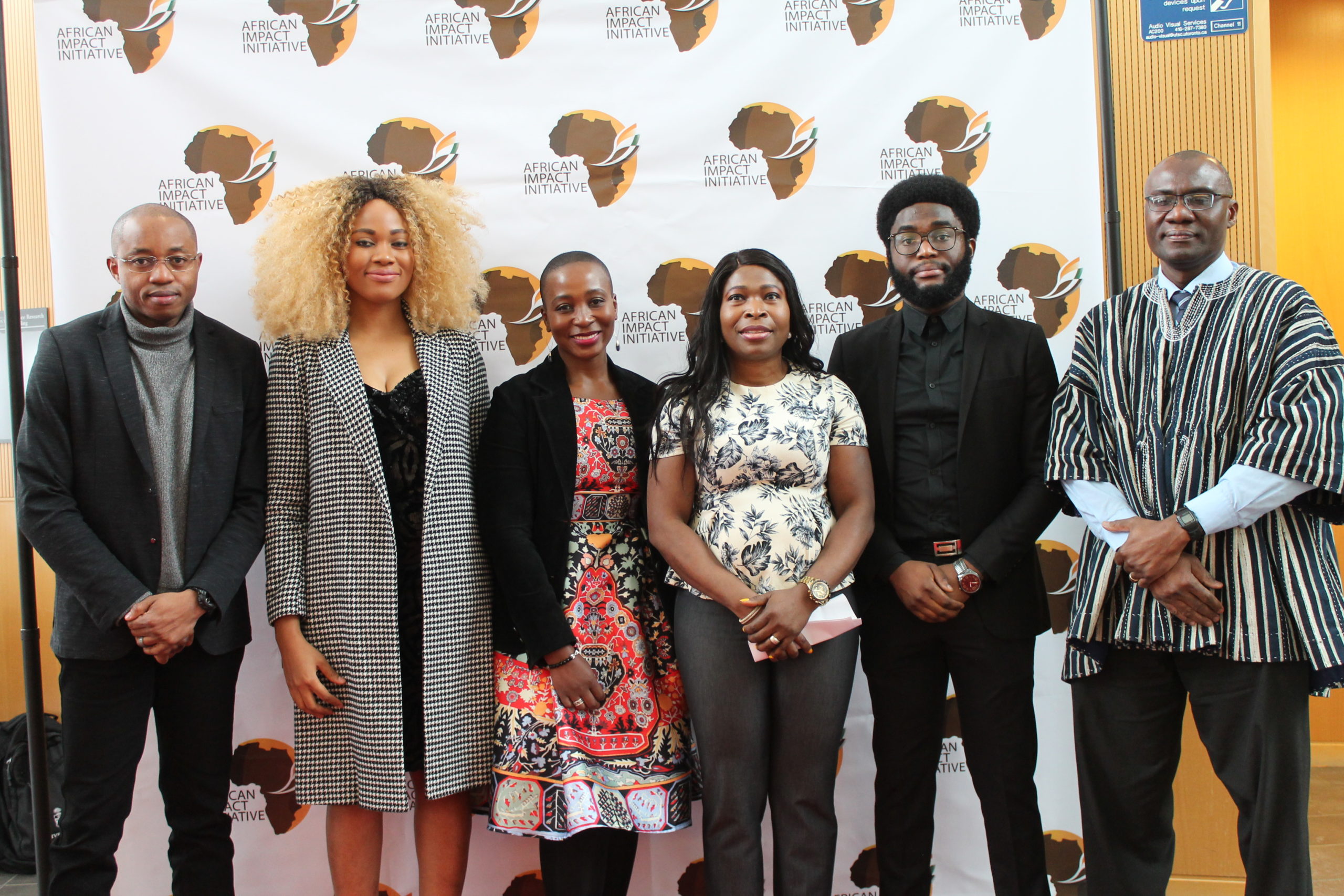

Raising funds in Nigeria? Here’s how to beat the odds and navigate the fundraising maze in 2025
This article builds on a 2020 piece, refreshed and expanded for 2025 by the smepeaks editorial team.
Every founder has that moment—the adrenaline rush when an idea so brilliant strikes that it feels like the next Flutterwave or PiggyVest is being born. You quickly sketch out the business model, dream of pitching to global investors, and maybe even search, “How to raise funds for my startup in Nigeria.”
But very quickly, reality hits.
While Google returns over 300 million results, the journey to securing capital as a first-time or early-stage founder in Nigeria often reveals a harsh truth: it’s not just about having a good idea, it’s about who you are, who you know, and what you already have.
Bootstrapping: when it`s all on you
Bootstrapping remains the most common and “accessible” way to start, especially when external funding is nowhere in sight.
Odunayo Eweniyi, co-founder of PiggyVest, often shares how they bootstrapped and hustled through their first product (PushCV) before pivoting to build what would later become one of Nigeria’s top fintechs. They reinvested earnings, worked around the clock, and lived on as little as possible.
But not everyone can bootstrap. With Nigeria’s inflation rate soaring and the naira struggling, most young founders are already stretched thin by personal survival.
Friends & family: helpful… if you have it
When Funke Opeke, CEO of MainOne, needed funding to launch one of Africa’s first private submarine cable companies, she turned to family and friends. They believed in her vision, and crucially, they could afford to back her.
But let’s face it—most people don’t have a Funke-sized network. In Nigeria, especially for first-gen entrepreneurs, family and friends may support morally, but financially? Not always.
If your cousin is also job-hunting and your parents are managing pension withdrawals, you may not have a pool to draw from. So while “family and friends” rounds are romanticized in startup circles, they remain a luxury.
Loans: the bank said no
In theory, small business loans sound great. But in practice, raising funds in Nigeria isn`t that easy with banks. Nigerian banks often demand:
- Landed property for collateral
- Two guarantors with high net worth
- Audited books
- A business already turning profit
That leaves founders like Aisha, who runs a healthtech startup in Kano, out of options. She shared how a rejected loan application meant shelving her product launch for 12 months. “I just didn’t have the documents they asked for. And I had no collateral,” she said. “I went back to writing code and praying.”
VCs & angel investors want traction
Yes, VC money exists. But the catch? Most of it goes to startups that are already making money or scaling fast. Founders like Shola Akinlade (Paystack) and Iyin Aboyeji (Flutterwave) built solid traction before raising capital. And even they’ve admitted that early investor conversations were far from easy.
As Sesan Kareem, founder of HubPharm, shared in a recent podcast: “Investors want proof. They want numbers. But the irony is, you need funding to hit those numbers. That’s where most of us get stuck.”
So what’s the move in 2025?
Let’s face it; fundraising in Nigeria is tough, especially for first-time founders without traction, connections, or deep pockets. But it’s not impossible. The rules of the game are just different here, and to win, you’ve got to play smart, not just loud.
Here’s how to realistically position yourself to win:
1. Delay the Launch, Build the Context
Before you build, spend time learning the landscape. That idea you think is “new” may already exist—either in stealth or at scale. Founders who’ve worked in their chosen sectors before launching often have an edge.
Think of it this way: experience builds credibility, credibility attracts support, and support opens doors.
Whether it’s an internship at a logistics startup, a marketing role at an edtech, or volunteering with a health NGO, it all counts.
Example: A fintech founder who spent 2 years working at a commercial bank has deeper insight into customer pain points and regulatory bottlenecks than someone building from theory.
2. Use Your 9-5 to Fund Your 5-9
Don’t quit your job at the first spark of inspiration. A stable income lets you test your idea without desperation. You can pay for web hosting, design tools, basic prototyping, even freelance help—all while building at your pace.
More importantly, your job may open access to future collaborators, early adopters, or pilot opportunities.
This is how founders like Tope Awotona (Calendly) and even Paystack’s early team managed early-stage stress—funding development themselves before outside help arrived.
3. Build a tribe, not just a product
You need people. And not just co-founders. You need a tribe of believers:
- Mentors who challenge your thinking
- Colleagues who refer opportunities
- Investors who may not invest today, but will later
- Fellow founders to trade notes with during hard times
Social capital moves faster than pitch decks. If no one knows you, your idea won’t matter. Attend founder meetups, join WhatsApp/Slack groups, DM people respectfully on LinkedIn, or just show up consistently online with value.
Example: Blessing Abeng built a strong online presence that now brings global brands and opportunities to her doorstep, even beyond her startup work.
4. Start scrappy, but start
No-code tools, WhatsApp groups, Google Forms, today, you don’t need millions to prove your concept.
Build something small and testable. Talk to 10–20 users. Collect feedback. Show that your idea solves a problem that real people are willing to pay or fight for. That proof builds momentum and investor interest.
In 2023, a fashion founder in Ibadan used WhatsApp status and Paystack payment links to run a 3-month test of her styling service. She didn’t raise capital, but she raised trust—and landed her first 80 paying clients.
5. Don’t make “Raising” the goal, make building the goal
Many founders glamorise fundraising, but raising funds in Nigeria is a means to scale, not validation by itself. Focus instead on building a business that works, even if it’s small at first. Start with revenue. Even a trickle shows investors that you understand your users and can execute. Remember: VCs are not saviours—they are multipliers. If there’s nothing to multiply, they won’t invest.
Founders like Damilola Olokesusi (Shuttlers) and Odunayo Eweniyi (PiggyVest) built traction before external capital came in. They focused on execution, and funding followed.
Real stories, real tactics
- Abubakar Suleiman, founder of Reach.AI, shared how rejection from a grant program led him to pivot, validate, and eventually get angel funding after showing customer traction.
- Tope Awotona, founder of Calendly (yes, Nigerian-born), bootstrapped his way using life savings and credit cards, risking everything before attracting VCs.
- Blessing Abeng (Ingressive for Good) is a masterclass in building trust and visibility online—skills that have helped her secure brand partnerships, funding, and global attention.
In a nutshell..
Raising funds in Nigeria isn’t just about your idea. It’s about your network, your resilience, your patience, and the strategic steps you take before you even ask for a dime. You can’t change Nigeria’s economic headwinds. But you can control your response to it.
So yes, you can have the billion-dollar dream, but while you wait for the big money, build like you already have it. If you’re just starting, think long-term. Build patiently. Let each phase of your journey serve a purpose, even if it’s not glamorous.
Because in 2025, the harsh reality is this: money follows momentum, not ideas.
Do you have an innovative business (small, mid-scale business or startup) that adds value, creates opportunities or solves bold problems? Then you`ve got a story worth telling? Shoot us an email with SUBJECT “Story Worth Telling (+Name of Business)” to [email protected]




